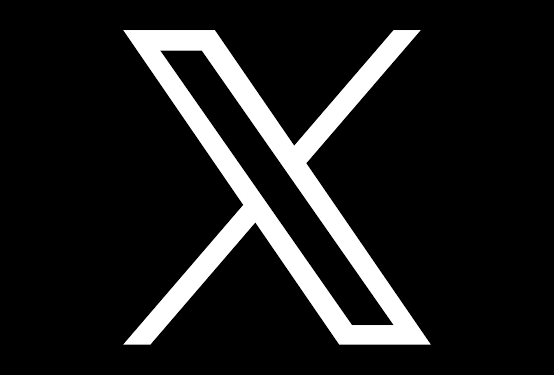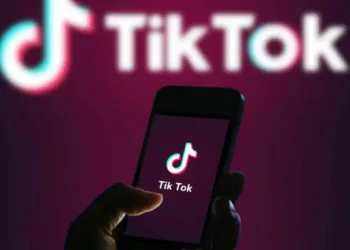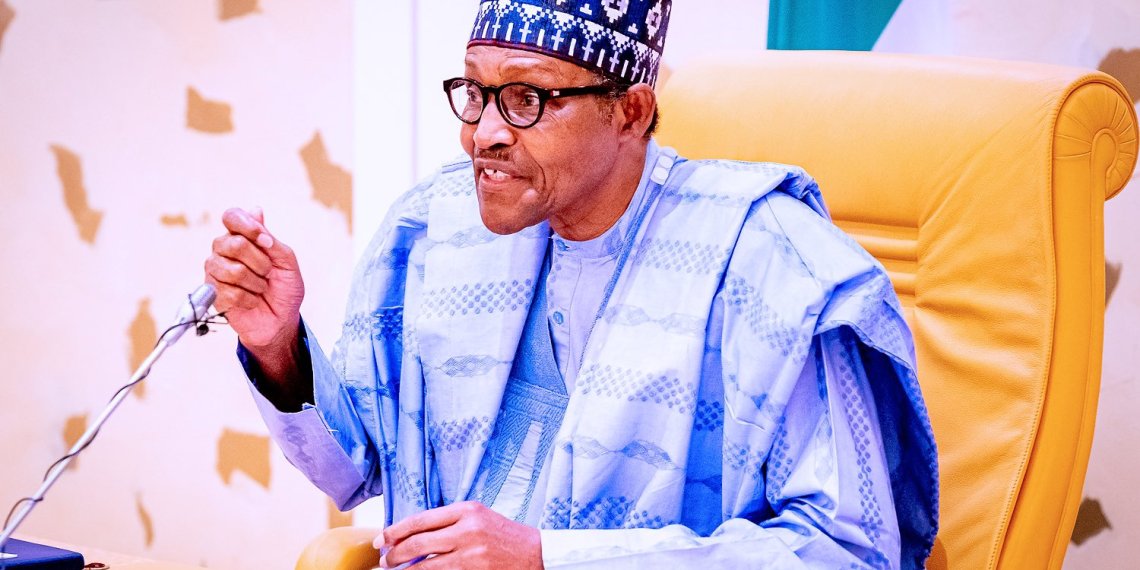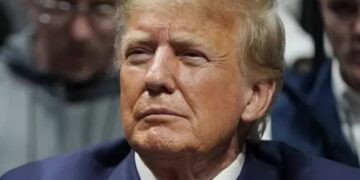Brazil’s Supreme Court has dealt a severe blow to the world of social media, ordering the nationwide blockage of X, formerly known as Twitter. This drastic measure, sparked by X’s refusal to appoint a legal representative in Brazil, has ignited a firestorm of debate, raising fundamental questions about the delicate balance between free speech, censorship, and the role of social media in modern society.
X’s banning will have immense consequences, since approximately 40 million users from Brazil won’t be able to access it within a day. In addition to Brazil, other countries that either prohibit or restrict the use of X are China, Russia, and Iran. Elon Musk, who owns X, totally disagreed with such judgment, describing it as politically motivated and detrimental to free speech rights.

The clash between X and Brazilian officials began as far back as April, when Judge de Moraes ordered the closure of several X accounts accused of spreading falsehoods. Is it simply a way of silencing dissenting voices, or is it really an attempt at protecting individuals from the adverse effects of fake news, together with their attendant misleading information? The truth remains unclear, just like the answer itself.
Is this a way to suppress dissent and maintain dominance, or does it really aim at thwarting fake news and misleading information from harming individuals? The truth is not that simple. The challenges being faced are quite broader than an encounter between the government and social media platforms as we venture into this stormy situation. At stake here is our complete democracy, freedom of expression, and the availability of information.
In the digital era, social media has become a vital tool for human interaction. It enables people to come together, championing for various causes as well as expressing themselves freely. Nonetheless, it is also used to propagate hate speeches, misinformation, and deception. Following this line of thought, limiting what people can say online poses more problems than solutions in relation to public discussions.
The parallels with China’s “Great Firewall,” Russia’s anti-dissent effort, and Iran’s “Twitter Revolution” are strong reminders that it is a global phenomenon that influences human rights, freedom of speech, and personal liberties.
Have we been excessively dependent on these platforms at the cost of our privacy and autonomy for convenience? Or are they an essential lifeline, symbolizing hope amid division and inequality? Uncertain are the responses, just like the future.
However, one thing is evident – the specter of censorship hangs over us, thereby clouding our minds on what constitutes the future of expression on the internet. Moving forward requires being on guard against any attacks on our right to free speech, as well as ensuring that the internet is a sanctuary for creativity, diversity, and dissenting voices.

















